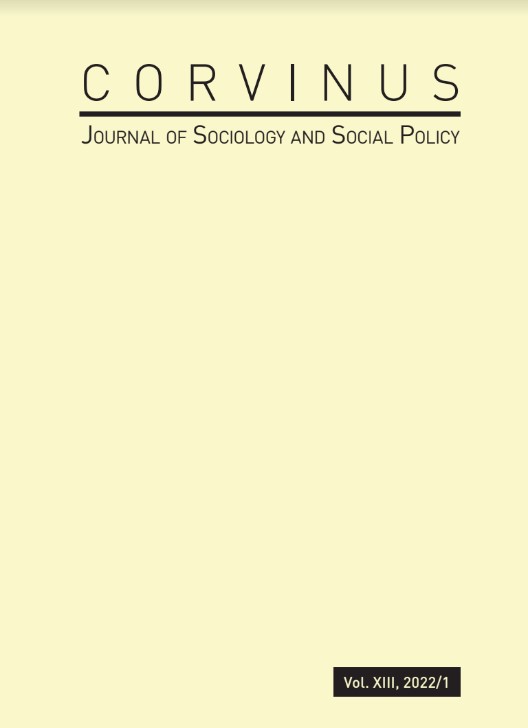Social Capital and Vaccination: A Case Study of Measles Vaccination Among Nine–Months–Old Children in Ethiopia
Social Capital and Vaccination: A Case Study of Measles Vaccination Among Nine–Months–Old Children in Ethiopia
Author(s): Endrias Liranso, Fang YangSubject(s): Health and medicine and law, Welfare services
Published by: Budapesti Corvinus Egyetem Szociológia Doktori Iskola
Keywords: caregivers; collective action; Ethiopia; social capital; measles vaccination
Summary/Abstract: A couple of studies in Ethiopia have explored the impacts of social capital on measles vaccinations. However, the basic relationship between social capital and measles vaccination remains unexplained. The purpose of this study was to investigate the influences of caregivers’ structural social capital on measles vaccinations among nine-month-old infants in Ethiopia. The 2011 first round worldwide Young Lives Survey dataset for Ethiopia was utilized, and the situation of 1652 children living with a mother/father was analyzed through the clustered sample and logistic regression. Results show that caregivers’ social interaction and membership (professional union, political, religious and funeral/credit groups), social support (from political pioneers, government officials, charitable NGOs, family/relatives, and friends), and collective activities (which they join along with other family units, and talk to local authorities) were significantly positively associated with measles vaccination at a 0.05 significance level after adjusting for covariates. Any future attempts to advance measles vaccination status in Ethiopia without understanding caregivers’ social group enrolment, social support, and collective activity are likely to be unsuccessful.
Journal: Corvinus Journal of Sociology and Social Policy
- Issue Year: 13/2022
- Issue No: 1
- Page Range: 95-122
- Page Count: 28
- Language: English

